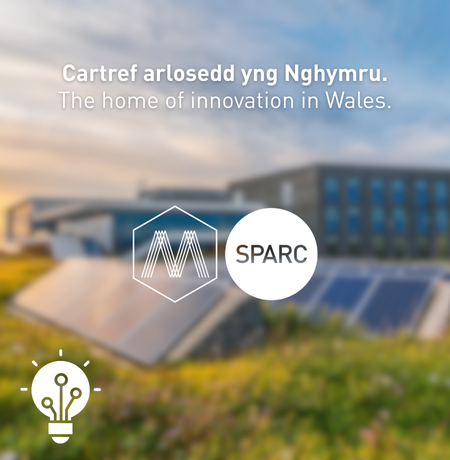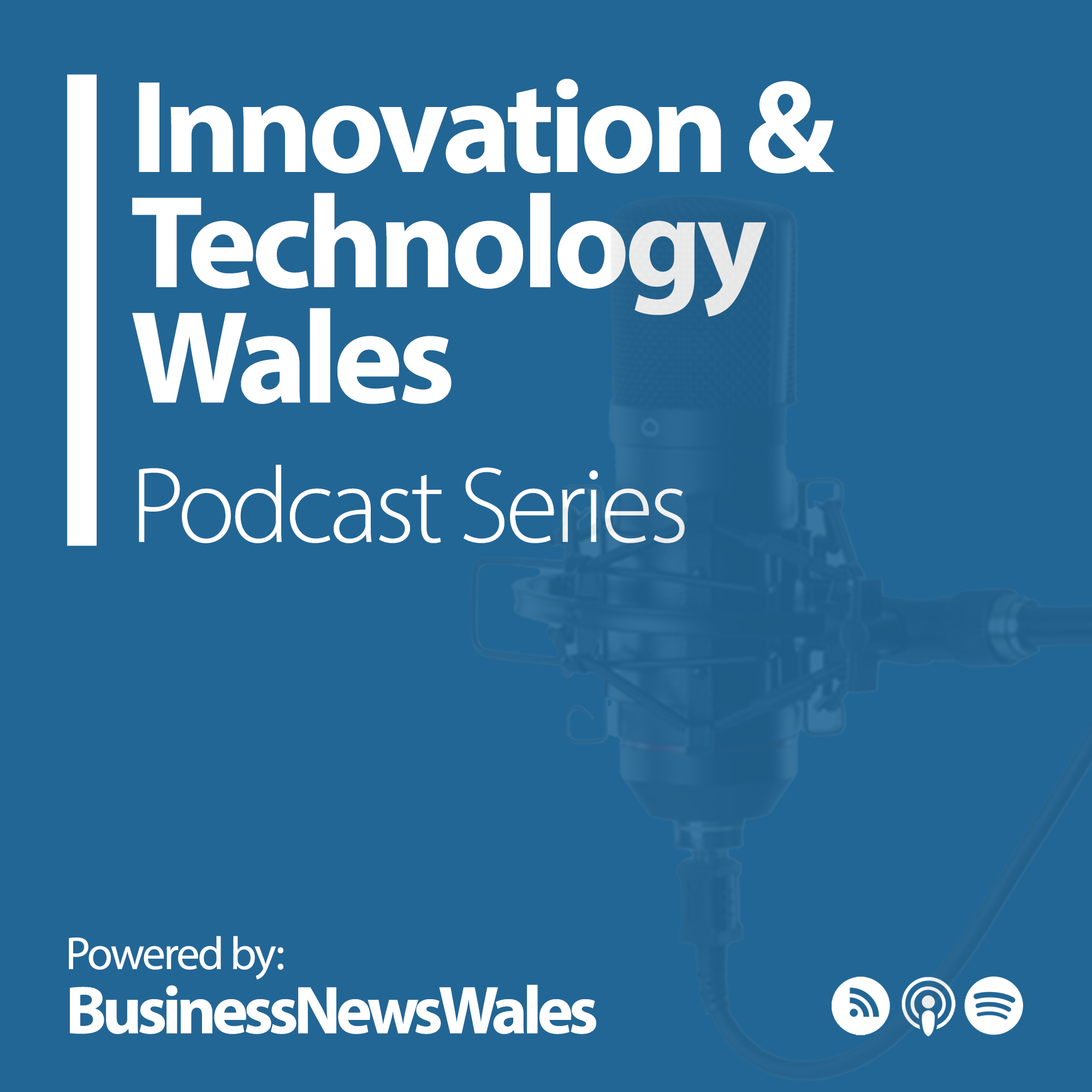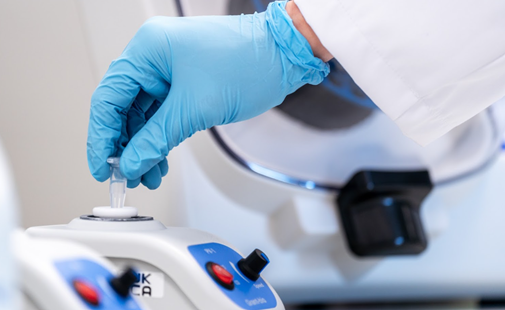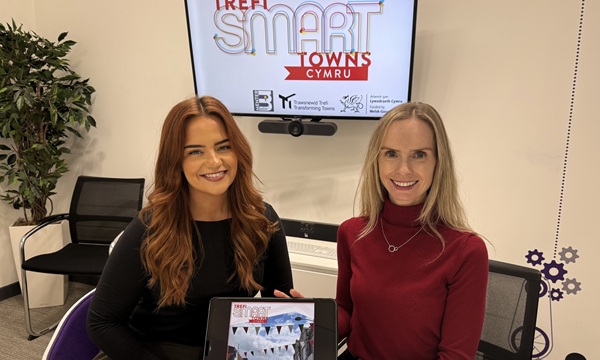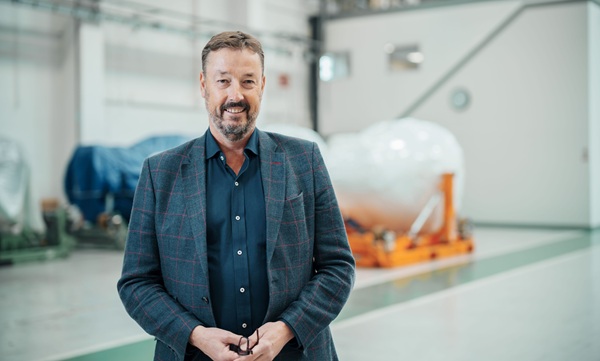A partnership between the University of South Wales (USW) and Bangor University has secured more than £400,000 in funding to detect harmful pollutants used in the aircraft industry.
The £421,733 of backing has come from Airbus Endeavr, a joint venture between Airbus Defence and Space and the Welsh Government, and will be used to develop an innovative tool for detecting harmful elements known as PFAS (per- and polyfluoroalkyl substances), which are found in aircraft materials.
PFAS is widely used in products such as firefighting foams and non-stick cookware, and is notorious for its resilience and the potential health risks it can cause.
“These substances can accumulate in the human body over time, leading to serious health issues, including cancer and liver damage,” said Dr Kang Li.
“For the aircraft industry, identifying and managing PFAS contamination is essential, as these chemicals are commonly found in various components and materials used in production.”
Previous methods used to detect PFAS were, while effective, expensive and time-consuming. They also had challenges in identifying low concentrations of its constituent elements.
The new solution uses an advanced technique know as SESRS – Surface-Enhanced Stimulated Raman Spectroscopy – which is more sensitive to PFAS and can detect it in much lower concentration.
“The project’s focus on SESRS stems from its ability to amplify the chemical signature of PFAS, allowing for faster and more accurate detection,” said Dr Kang.
The Bangor University researchers involved in the project developed a machine learning-based tool to analyse these chemical signatures, with the aim of rapidly identifying the type and amount of the harmful PFAS chemicals present.
“Through this project, we are proud to contribute to sustainable advancements in aviation by applying cutting-edge AI and machine learning techniques,” said Dr Mosab Bazargani, Bangor University.
“Bangor University has a long-standing commitment to sustainability and innovation in aviation, dating back to the earliest days of the aircraft industry. This collaboration allows us to push the boundaries of what AI can achieve in safeguarding health and the environment.”
By working closely together, the teams at USW and Bangor University are performing truly interdisciplinary work to produce a complete system for PFAS detection. This breakthrough was made possible through the joint efforts of USW, Bangor University, and Airbus Endeavr, and has incorporated cutting-edge research from various fields, including optics, chemistry, and artificial intelligence.
Welsh Government Cabinet Secretary for Economy, Energy and Planning, Rebecca Evans said:
“The Endeavr programme is all about growing the Welsh economy by helping turn innovative ideas into reality.
“This partnership between the University of South Wales and Bangor University is providing a cutting-edge solution to a complex industry problem and highlights how Welsh academia can rise to these unique challenges by taking a collaborative approach.
“I am pleased that Endeavr has been able to support the universities through this programme and am interested to learn of the outcomes.”



